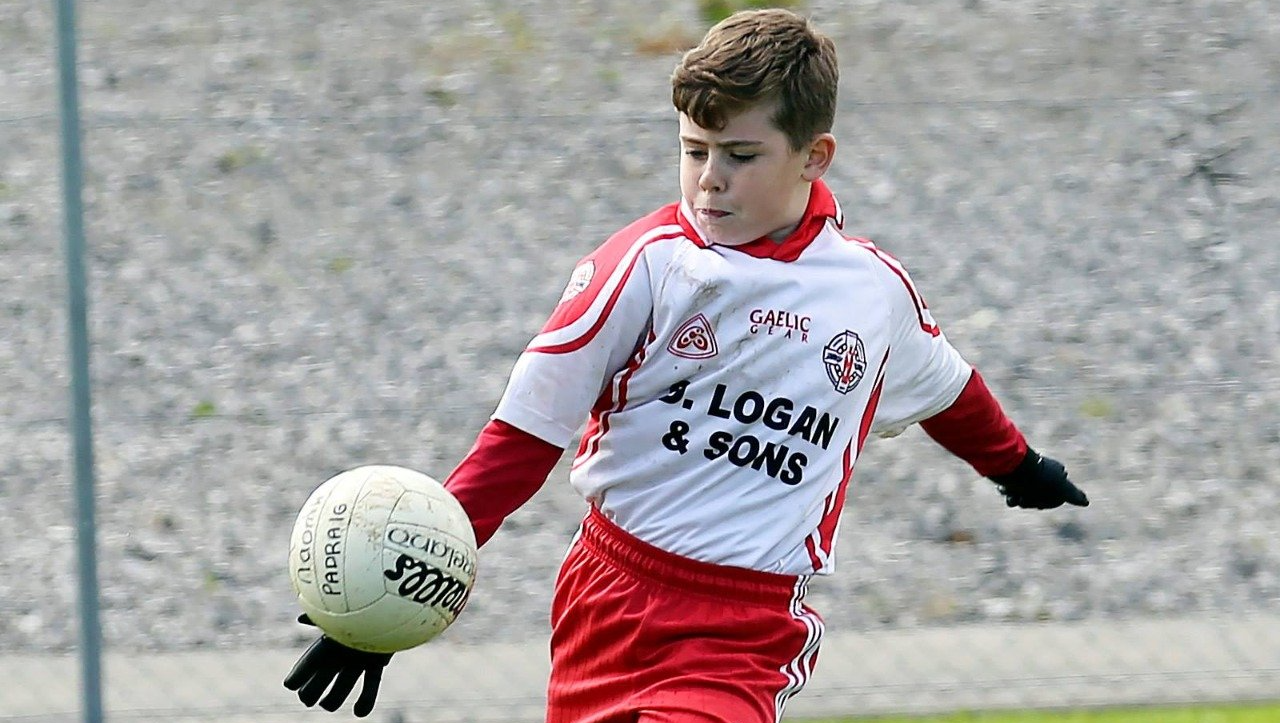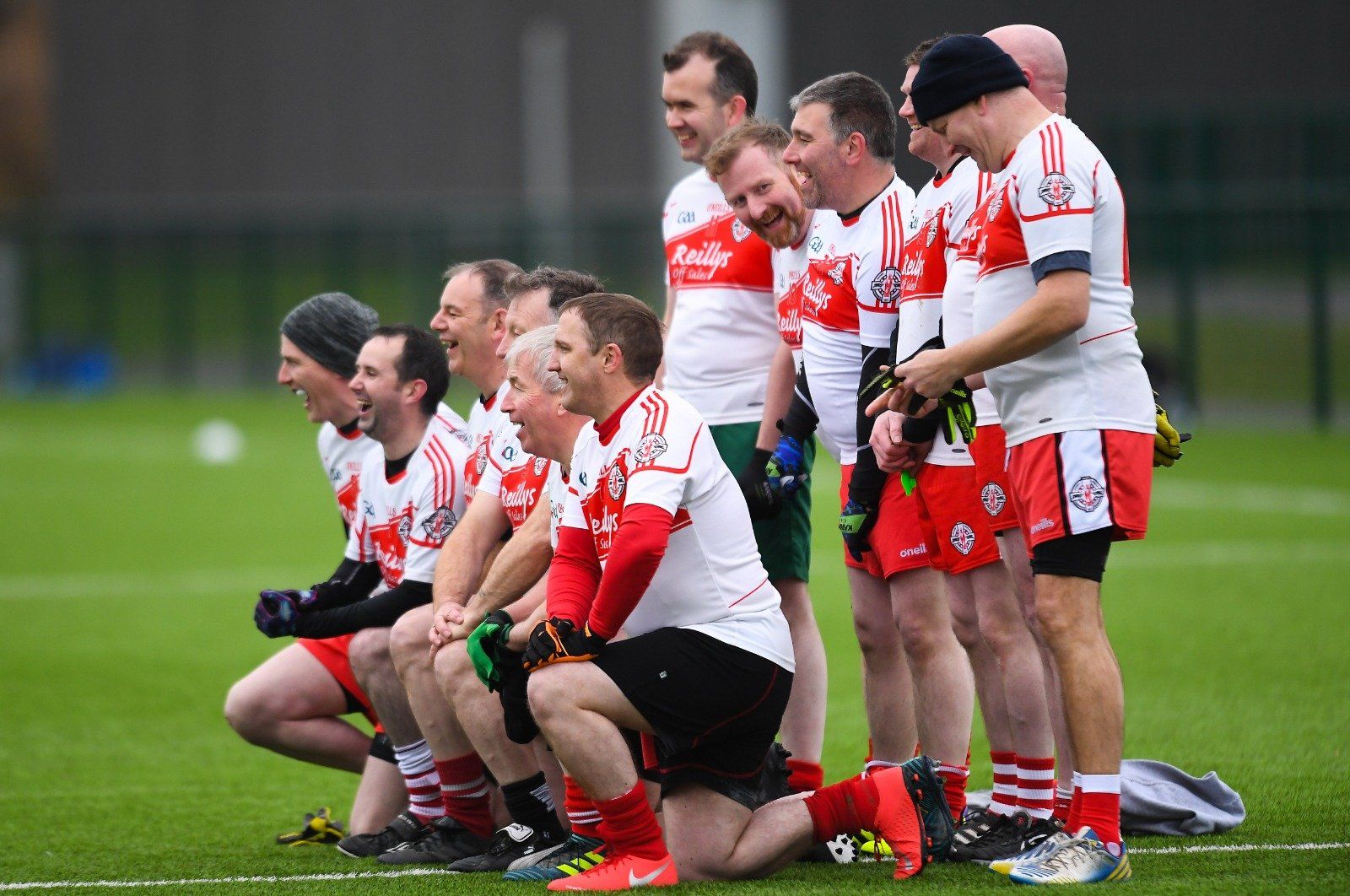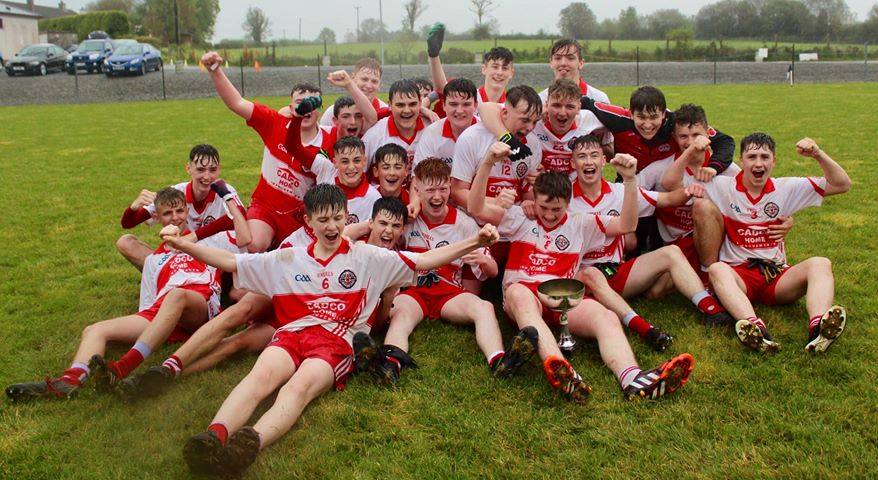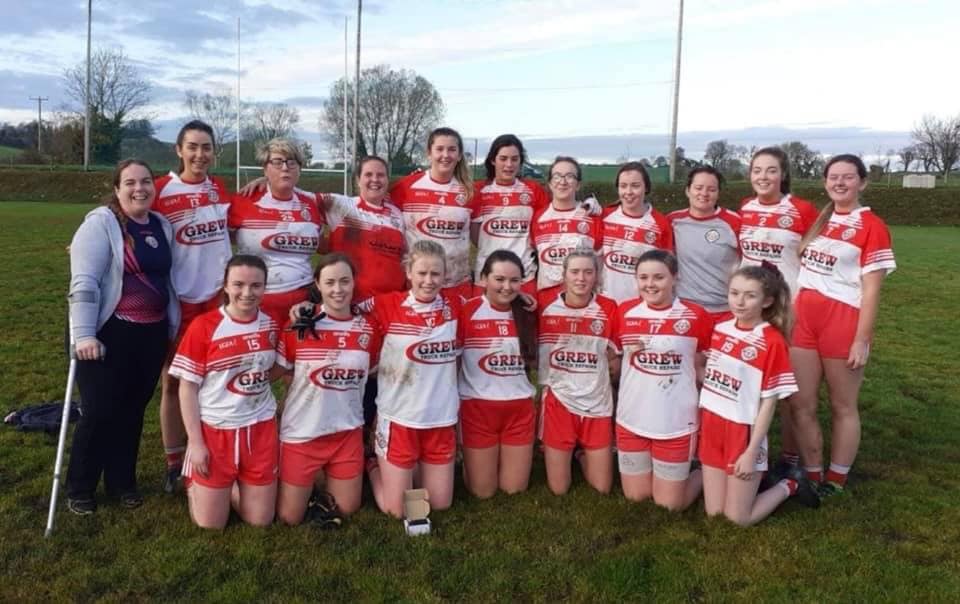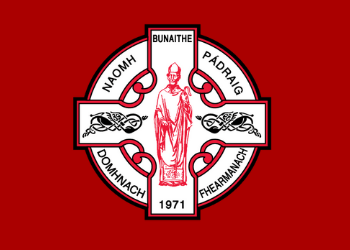Youth Coaching Policy
All coaches, mentors and trainers (referred to hereafter as coaches) should ensure that young people and children benefit significantly from our games by promoting a positive, healthy and participatory approach in our work with underage players.
In developing the skills levels of every player, Coaches should always encourage enjoyment and fun while ensuring meaningful participation in our games and activities. Coaches should always remember that they are role models for the players in their care.
Recruitment of Coaches
All Coaches working with young people and children are required to be suitable for their chosen role(s), and should be appropriately trained, qualified and supported to fulfil such roles. All persons working or volunteering for such roles are required to undertake agreed vetting and background Police checks and to attend coaching and training courses relevant to their roles.
Coaches should maintain a child centred approach
- Respect the rights, dignity and worth of every person.
- Treat each person equally regardless of age, gender, ability, ethnic origin, cultural background or religion.
- Be positive during coaching sessions, games and other activities so that underage players always eave with a sense of achievement and an increased level of self-esteem.
- Recognise the development needs and capacity of all underage players, regardless of their ability, by emphasising participation for all while avoiding excessive training and competition. Skills development and personal satisfaction should have priority over competition when working with underage players.
- Develop an understanding of relevant coaching methods and ensure that they have the appropriate level of coaching accreditation.
- Do not equate losing with failure and do not develop a preoccupation with medals and trophies. The level of improvement made by underage players is the best indicator of effective coaching.
Coaches should lead by example
- Never use foul language or provocative language/gestures to a player, opponent or match official.
- Only enter the field of play with the Referee’s permission.
- Encourage players to respect and accept the judgement of match officials.
- Promote Fair Play.
- Promote the RESPECT.
- Do not smoke while working with underage players.
- Do not consume alcohol or non-prescribed drugs immediately prior to or while underage players are in your care.
- Encourage parents to become involved in your team and Club activities wherever possible.
Conduct of coaches when working with young people
- Develop an appropriate working relationship with children based on mutual trust and respect.
- Challenge Bullying in any form whether physical or emotional. Bullying is not acceptable behaviour be it from a young person, coach parent/guardian, spectator or match official.
- Don’t shout at or lecture payers or reprimand/ridicule them when they make a mistake. Children learn best through trial and error. Children and young people should not be afraid to risk error so as to learn.
- The use of any for of physical punishment is prohibited as is any form of physical response to misbehaviour, unless it is by way of restraint.
- Avoid incidents of horse play or role play or telling jokes etc. that could be misinterpreted.
- Never undertake any form of therapy or hypnosis, in the training of children.
Avoid compromising your role as a coach
Some activities may require coaches to come into physical contact with underage players in the course of their duties. However, coaches should;
- Avoid taking coaching sessions on your own.
- Only deliver one to one coaching, if deemed necessary, in a group setting.
- Avoid unnecessary physical contact with an underage player and never engage in inappropriate touching of a player.
- Be aware that any necessary contact should be determined by the age and development of the player and should only take place with the permission and understanding of the player and in an open environment in the context of developing a player’s skills and abilities.
Best practice
- As a coach always be punctual and properly attired.
- Ensure that all of your players are suitably and safely attired to play their chosen sport, e.g. helmets, goggles (Handball), shin guards, mouthguards.
- Keep a record of attendance at training and at games by both players and coaches.
- Ensure that all dressing rooms and the general areas that are occupied by your players and other Club personnel, prior to, during or immediately following the completion of any match are kept clean and are not damaged in any way.
- Be accompanied by at least one other adult in underage team dressing rooms.
- Set realistic – stretching but achievable – performance goals for your players and team.
- Rotate the team captaincy and the method used for selecting teams so that the same children are not always selected to the exclusion of others.
- Keep a record of any injuries and action subsequently taken. Ensure that another official referee/team mentor is present when a player is being attended to and can corroborate the relevant details.
- Make adequate provision for First Aid services.
- Don not encourage or permit players to play while injured.
- Be aware of any special medical or dietary requirements of players as indicated on the medical consent/registration forms or as informed by parents/guardians.
- With the expressed permission of parents/guardians be willing to keep necessary and emergency medication of players in a safe and accessible place for administration in accordance with the wishes of the parents/guardians.
- Do not administer medication or medical aid unless you are willing to do so and have received the necessary training to administer such aid.
- Use mobile phones, if deemed appropriate, only via a group text or email system for communicating with the parents/guardians of players. Any exception to this form of group texting can only be proceeded with following permission from parents/guardians.
- Do not communicate individually by text/email with underage players.
- Do not engage in communications with underage players via social network sites.
- Encourage parents/guardians to play an active role in organising and assisting various activities for your teams and your Club.
- If it is necessary to transport a child/young person in your car, ensure that they are seated in a rear seat with seat belts securely fastened.
- With the exception of their own child a coach should not transport a child alone, except in emergency or exceptional circumstances.

